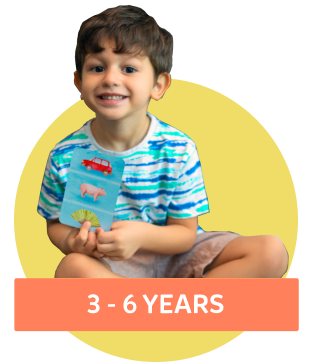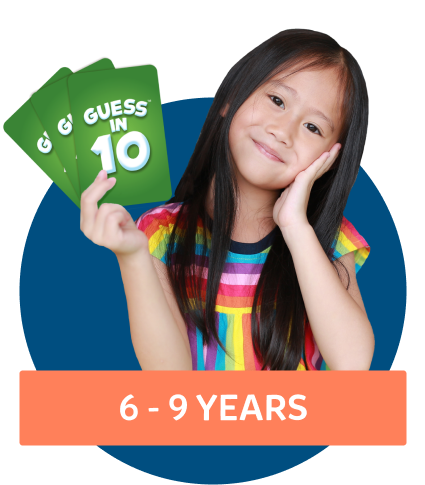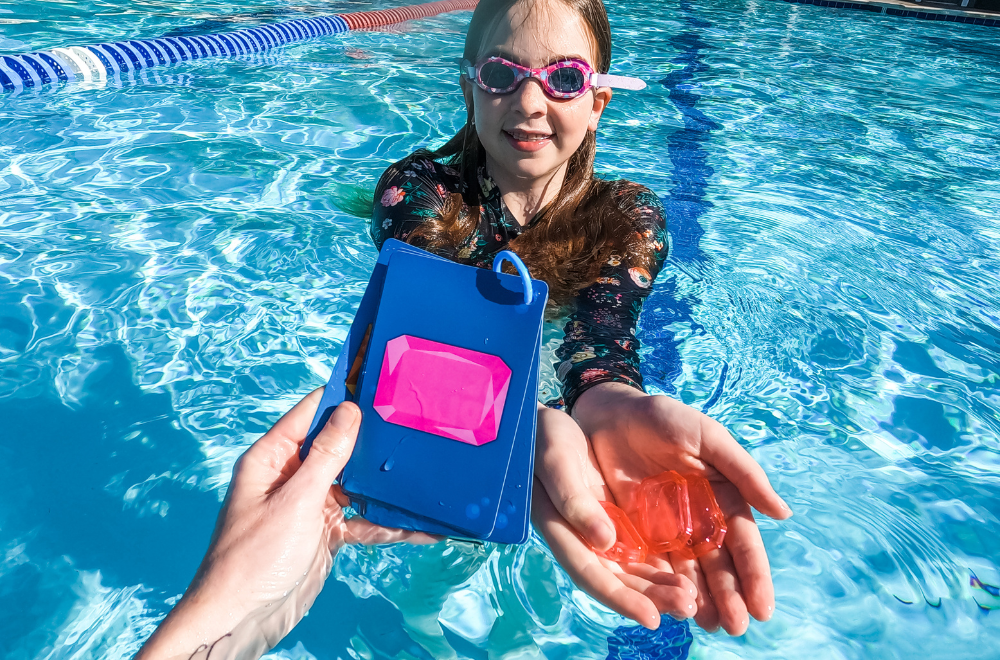Our library
Outdoor Games for Kids, Families, and Backyard Parties
Featured post
Bringing family games outdoors is a great way to spend time with your loved ones while enjoying the fresh air and longer days of the warmer months. We’ve got some ideas for games that not only promote physical activity but also provide an opportunity to bond with family members and strengthen relationships.
read moreTop Categories
Printables
& DIY
Family
games
Gifts
Learning
activities
Blogs by age




Family Game Tips
Family Game Night: Teaching Toddlers to Take Turns
Learning to wait for their turn is a very important thing to teach kids from a young age. Being comfortable with waiting makes them more capable of learning self-control. Use positive language to encourage your little one and show some compassion to validate their feelings. Make them feel like they are not alone in having to wait by displaying the practice yourself. This modeled behavior can help your child learn to take turns in a safe space.
read moreLearning to wait for their turn is a very important thing to teach kids from a young age. Being comfortable with waiting makes them more capable of learning self-control. Use positive language to encourage your little one and show some compassion to validate their feelings. Make them feel like they are not alone in having to wait by displaying the practice yourself. This modeled behavior can help your child learn to take turns in a safe space.
The Critical Role of Pretend Play During the Early Years
Between the ages of 11 months to 4 years, children begin “pretend play.” Also known as creative play, fantasy play, or make-believe play, pretend play helps children channel the power of thinking on their feet. During pretend play a child simultaneously reacts to situations that are assigned to objects or spaces around them. For instance, they may pretend that an inanimate object is alive or check if the milk bottle is “too hot” to feed their doll.
read moreBetween the ages of 11 months to 4 years, children begin “pretend play.” Also known as creative play, fantasy play, or make-believe play, pretend play helps children channel the power of thinking on their feet. During pretend play a child simultaneously reacts to situations that are assigned to objects or spaces around them. For instance, they may pretend that an inanimate object is alive or check if the milk bottle is “too hot” to feed their doll.















